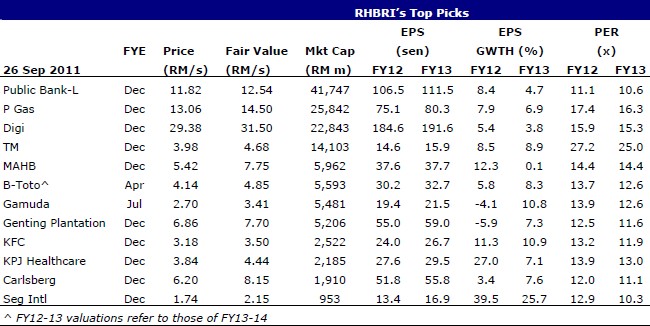It's football season again. This round we have EURO 2012 Championship which will kick off on 8th June 2012. Are you ready? Before that, let us look at the championship from financial perspective. Don't care who will win the championship, Poland already emerged as the winner financially. Why?
The UEFA European Football Championship has taken place every 4 years since 1960. For the first time in history, Poland and Ukraine have scored the chance to co-host the Euro 2012 Football Championship. Despite high set-up costs for the two emerging economies, both countries are likely to experience long-term economic benefits.
The Statistic and Requirements:
- Estimated 670,000 football fans will pack into the new stadiums
- Around 1.5million spectators at fan zones only
- Minimum requirement capacity of 30,000 to 50,000 spectators for infrastructure and modern stadiums
- Sufficient parking possibilities, hospitality facilities, luxury hotels and training facilities was needed
- Required transportation infrastructure linking the host cities must be modern, well developed and meet UEFA's high quality expectations
Challenging Requirements Boost Economic Growth
As a result of the increased government spending, Poland's unemployment rate has improved significantly. In addition to modernization costs, safety costs of almost USD 1 billion will push the total bill for the event to over USD 10 billion in Poland's case. The majority of the modernization bill has been allocated to motorway construction to connect the hosting cities and surrounding countries.
Poland to Benefits from Euro 2012
The investment spending of over USD 10 billion will be beneficial for Poland, as long as the increase in GDP directly or indirectly allocated to the football championship tops the costs. Four main sources of possible additional income exist:
- Extra spending by tourists and local population during the event
- Extra spending generated after the event as a result of tourists visiting the host countries and cities
- Benefits resulting from the upgrade of the various infrastructure programs
- Benefits resulting from presenting the country and its economy in a positive light
Based on outcomes of earlier football championships, a study commissioned by the UEFA estimated extra spending during the event at around USD 300 million and USD 250 million thereafter. However, it is likely that, for emerging countries such as Poland, the benefits of major sporting events are much greater than for developed countries. While the publicity from major sport events is the same for developed and emerging economies, the marginal profit is expected to vary substantially. Developed economies are already well known as holiday and business destinations when hosting such events, but emerging countries may attract many more investors and tourists.
Long-Term Benefits for the Equity Market
Since very few major sporting events have been hosted by emerging market countries, the possible impact on the economy and on the stock market is difficult to estimate. However, it is likely that in addition to the attractive fundamentals of emerging markets such as high growth, low debt and favorable demographics, the access presented to a wide range of potential investors and tourists could give the country's economic development a significant boost and result in sustainable long-term growth perspectives. Poland and the Ukraine are likely very much aware of the possible long-term opportunities arising from hosting the UEFA European Football Championship this year and aim to create history together by hosting this major event.
Source: Credit Suisse




























